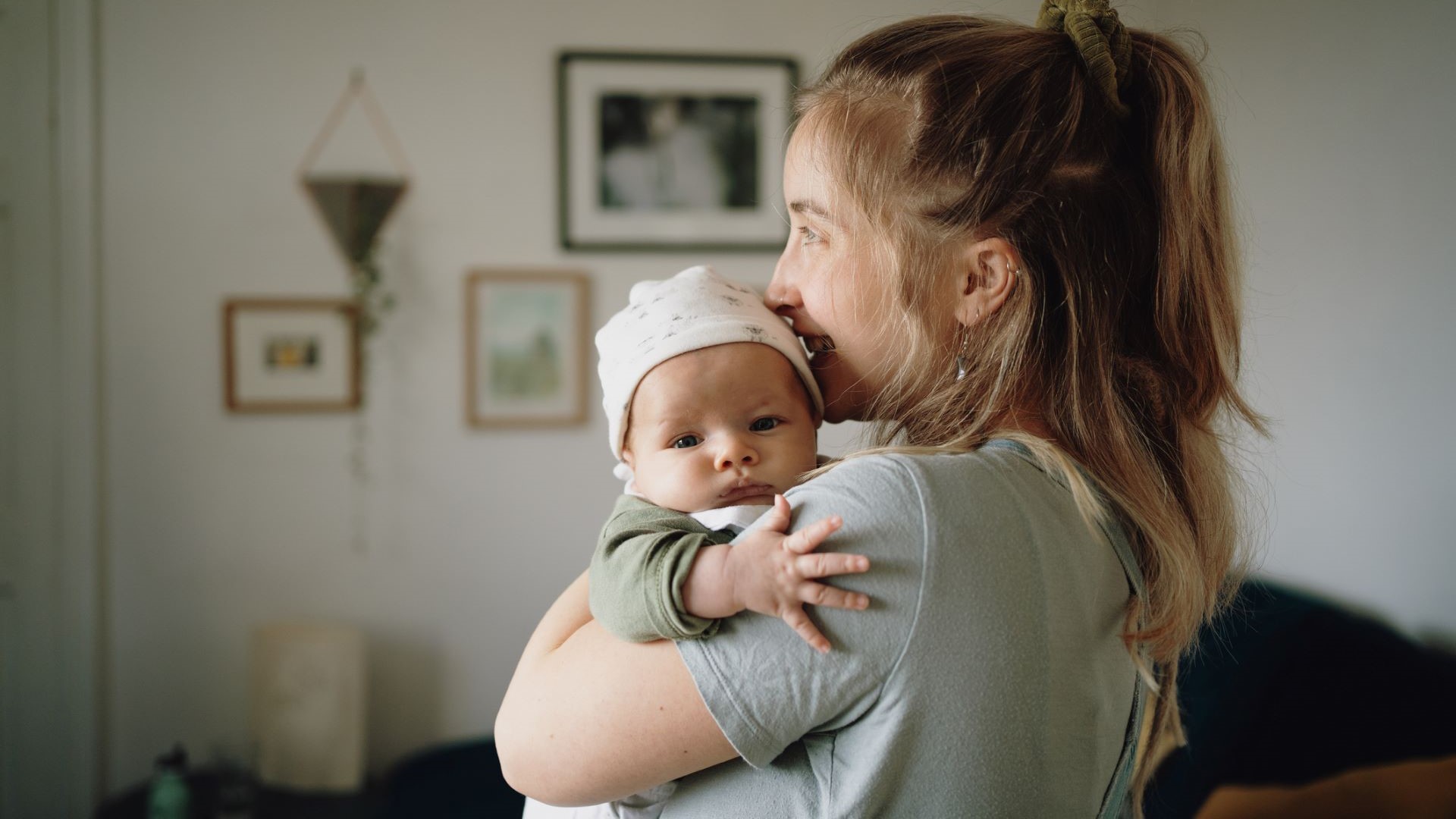Child development stages: Ages 0-16 years from baby to teenager
Child development stages are a must-read guide for any parent

Child development stages have such an impact on all aspects of growth, so knowing and understanding them is key for any parent.
As your child grows, they’ll reach important development milestones. But remember, each kid moves at their own pace! Use this guide on child development stages 0-16 to know what major physical, cognitive, social and emotional skills you can gently look for as the months and years pass.
Editor's note
All children develop at different stages and at their own individual pace, so this is just a general guide. Talk to your health visitor or GP if you're worried about your child's development.
Got questions along the way? That's normal! All parents wonder: Is my toddler walking soon enough? Should my five-year-old be reading by now? Is my tween too short for their age? Breathe easy. There are no hard-and-fast deadlines. Focus on supporting your child’s unique journey.
Scroll down and click below to jump to our more in-depth articles on milestones to expect during different phases of development.
Child Development stages
Baby development

From the first crawl to the first steps and that precious first word, baby development is such an exciting time. Our guide to baby milestones will give you a clear idea of the average age for each new step in your little one's life. Check out our baby development article
1-5 years old
You can expect lots of changes in your child's early years, including learning to speak, picking up, playing, and developing lots of new social skills. You'll be amazed by how much they've developed before they even start school... Find out more from our Early Years development article.
6-12 years old
While the average age to start puberty is between 11 and 12, it's perfectly normal for girls to begin puberty as early as eight years old, according to the NHS. So, parents need to be aware of the experiences to come before their child reaches them.
Parenting advice, hot topics, best buys and family finance tips delivered straight to your inbox.
Plus, if your child suddenly wants more privacy when bathing after cavorting around naked for her first seven years, there is a reason why... We talk about this and more in our ages 6-12 years development article.

13-16 years old
"As children grow older they begin to form stronger and more complex friendships, gaining a deeper understanding of themselves and their own social roles, says neurodiversity consultant and children's coach Danielle Baron. "They also develop a heightened sense of empathy, learn to respect different perspectives, and start to value their friends' opinions more."
Teenage years are tricky for both the parent and the teenager. Young people under the age of 18 are more likely to experience mental health crises than ever before, according to NHS data. So it's important to arm yourself with as much knowledge as possible. Your child may be close to becoming an adult, but there are still so many firsts to come... Find out more in our Ages 13 - 16 the late years article.
Where can I find extra help, advice and support?
Raising children can feel overwhelming at times, but you don't have to go it alone. If worries about your child's development arise, ask your health visitor or GP for guidance, use your local children's centre and connect with other parents who understand.
If your child is at school, their teachers can be a great starting point for finding extra help and advice. Plus, here are some great websites, organisations and charities that can provide confidential information and support, or simply medical and developmental advice:
- Tommy's: Provides help and support throughout the newborn stage and baby development.
- Early Years Alliance: Supports 800,000 families every year in the UK, delivering care and learning, legal advice and educational support.
- Action for Children: Helps vulnerable children, young people and their families.
- FRANK: Provides confidential support and advice about drugs to children and young people.
- Young Minds: Provides mental health support to young people, parents and carers.
- Beat: Offers online support, helplines and webchats for people with eating disorders.
- No panic: Provides support and mentoring schemes to young people experiencing panic attacks and obsessive-compulsive disorder (OCD).
Discover more ways to support your child's well-being, from how to start a conversation about mental health with your kids, to talking about puberty. Plus, did you know that watching Disney movies can be good for your child's emotional development?
Joanne Lewsley is mum to a tween, and freelance copywriter and editor who creates parenting, health and lifestyle content for evidence-based websites, including BabyCentre, Live Science, Medical News Today and more.